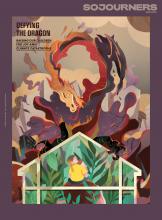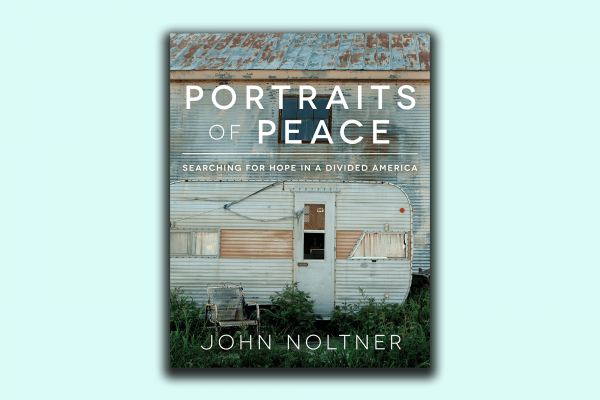MORE THAN A decade ago, photographer John Noltner began crisscrossing the United States to conduct interviews focused on this question: What does peace mean to you? The result was a multiyear, multimedia arts project called “A Peace of My Mind.”
Four exhibits, three books, and tens of thousands of miles later, the pursuit of peace has only become more important as the country trembles on ominous fault lines: Noltner put together his most recent book of interviews and photographs, Portraits of Peace: Searching for Hope in a Divided America, several months after the 2017 Charlottesville neo-Nazi riot, made final edits amid the emergence of the COVID-19 pandemic and fallout from the murder of George Floyd, and sent the book to the publisher just weeks before the 2020 presidential election.
Portraits of Peace weaves together unique narratives while identifying ways readers can begin dismantling biases that lead to division. As Noltner writes in a benediction of sorts, “May these stories be a beacon and a compass to guide our journey” toward “encountering difference, navigating conflict, and finding a better path forward.”
Read the Full Article

